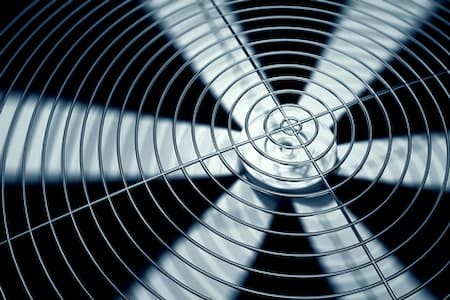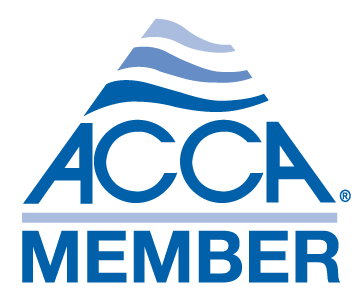Some Fans Are Cheap; Are They Worth The Money?

To fan or not to fan? That is the question. Fans just move air from one place to the other, and in some circles, they can prove useful. The question is: How does one make the best use of a fan?
Ceiling fans are effective provided they spin in the suggested direction. You want a cool downdraft during the warmer months. This takes already cooled air and shifts it downward. They should be installed as close to the center of the room as possible. Meanwhile, when outdoor temperatures drop, it's important to reverse the direction of the fan, so cool air is sucked upward and displaces the warmer air, which has risen toward the ceiling. Experts suggest keeping the speed as low as possible to prevent "over-draft."
Ceiling fan blades and the motor should be cleaned twice a year, especially if mounted in or adjacent to the kitchen. The dust-grease-steam film is unsightly, not to mention unhealthy. And the longer it sits, caked on the fan blades, the tougher it will be to remover it, even with a strong soap-and-water solution.
Surprisingly, box or window fans can be a very effective way to cool your home, especially if you live at elevation. Once you hit 2,500-3,000 feet above sea level, evening temperatures are cool and offer a prime opportunity to draw cool air into your home. If you keep these fans running through the night and turn them up, seal up the house, and drop the shades before it gets too warm during the day, often you'll find your living space to be quite comfortable, even on warm summer days.
Homeowners Go Back And Forth On Whether Oscillating Fans Are Worth It
Oscillating fans range in size, shape, and power. The bottom line is simple: You get what you pay for. A desk fan with a 4-6-inch blade will move very little air and might feel good if it's placed within the arm's length of your body. But beyond that, they don't do much good. Counter- and dresser-top motion fans (some are stationary) can work well, but they do occupy a fair amount of space in your kitchen, living room, or basement. However, the back-and-forth motion does keep air moving, but the more air you want to move, the higher the speed required. And the faster the fan, the higher the power bill.
One drawback of most oscillating fans is they can be loud. Very loud. Especially when the safety cage comes loose and rattles. By the time you've placed a half dozen fans around your home or office and run them at full blast, you've expended quite a bit of time, energy, and money.
When considering air conditioning installation, furnace installation, and/or maintenance and repairs for both, a professional heating contractor is what you need.

Hvac Tips & Tricks
-
7 Ways HVAC Maintenance Lowers Your Energy Bills
Regular HVAC maintenance is more than just a routine task; it’s a critical part of keeping your home comfortable and your energy bills low. As the most trusted HVAC contractor for Aldie, Pro Sky AC & Heating offers top-notch HVAC maintenance services designed to enhance efficiency […]
-
Turn Up The Heat With Safe Space Heater Operation
Space heaters. Some love 'em. Some hate 'em. They have advantages and disadvantages. But one factor is certain: Space heaters are no substitute for a bona fide heating system. There are so many space heaters on the market; to list them all and their pluses and minuses […]
We Offer Financing!
Contact us today to learn more about our financing opportunities with approved credit through Wells Fargo!

The northern virginia hvac company you can trust!

